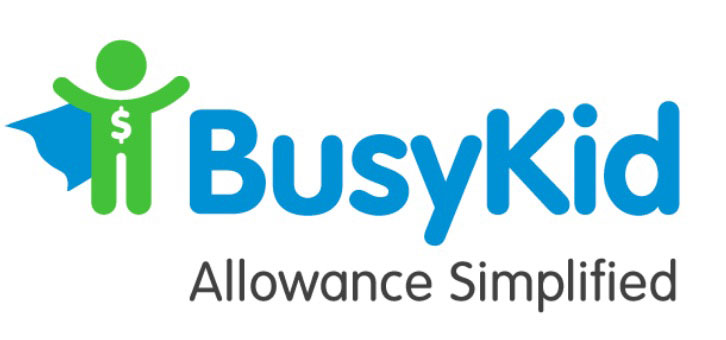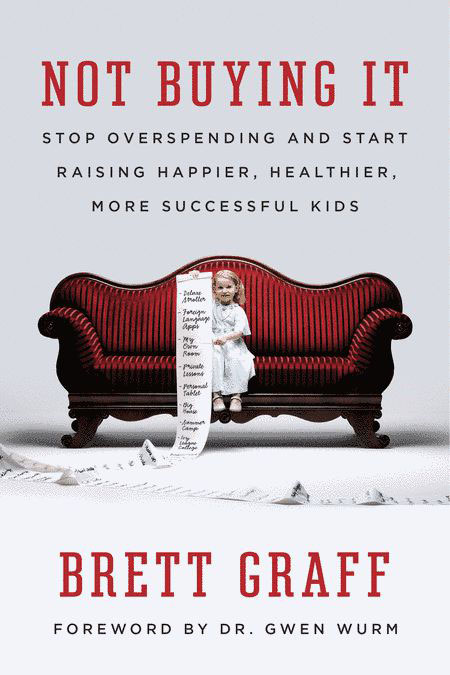Everyone has a different take on kids and allowance, tied to chores or not, etc., but these tips on kids & finance caught my eyes as great “teach by example” way to teach kids about money, values, and some responsible ways to thinking about finances.
Thanks to Pamela Yellen, author of the New York Times bestseller BANK ON YOURSELF: The Life-Changing Secret to Growing and Protecting Your Financial Future, for providing some MomTini tips.
- Allowances are a great idea, as long as they are tied into chores. The earlier children learn basic financial principles, such as the exchange of goods and services for money, the better. Nothing builds a child’s self-esteem faster than self-reliance. Children as young as age 4 can benefit. An allowance can help teach them how to recognize coins, though they’re also more likely to lose them. Editor’s Note: I waffle on this topic and have written about it both ways – I don’t necessarily think this approach works every time for every kid, but for some, it’s the best way to increase compliance!
- Children earning an allowance should use the “40/30/20/10 Savings Rule”: 40% of their earnings can be used for spending, 30% should be set aside for short-term savings, 20% for long-term savings and 10% for donating. If children sort their money into these categories every week, they will develop responsible lifelong money-management skills at an early age. The amount the child receives for chores should be based on their age as well as what you expect them to use the money for. Editor’s Note: I love this, and definitely think kids should be mandated to split money into these categories – I’d add a different spin — how about letting kids decide the percentages themselves – a good way for early money management skills to develop.
- Teach children the differences between needs and wants: Trying to “keep up with the Joneses” almost brought our country to its knees. The key is in helping your children understand the difference between a “need” and a “want.” Hold regular “family night” discussions with the whole family during which you go over the family budget and review where the money is going.
- Teaching by example is absolutely critical. If you tell your children one thing, but do another, they will catch on very quickly. Explain how there are things you’d like to buy that you decided to forego and why. And always look for things you can do as a family that cost little or no money, to create experiences and lasting memories.
“As parents, one of our most important lessons for our children is to teach them to spend and save wisely,” Pamela says. “By saving instead of gambling, we can provide for our financial future and teach our children the lifetime value of being financially responsible and self-sufficient.”
Check out Pamela’s recent NPR interview about smart money tips for teens.







We let our kids decide what split percentages to choose between spending/saving/giving – I think that’s a neat approach. Periodically, we revisit the discussion as they mature through the years and readjust accordingly. I like to encourage the notion that philanthropy is a very personal endeavor.
Love the “family night” discussion suggestion too!
The most innovative idea for teaching kids the value of earning money came from a friend. Even at a young age, you steer you kids to earn money with odd jobs around your house or community. Help them to decide what to charge for their services. They then keep a ledger of what and how they have earned money. Monthly they report this to you. Then you match what they earned and tell them that is the money to be spent on their clothes, toys, school supplies – you make this list. Because you match it, the amounts become reasonable for meeting their personal needs and desires. Very clever. Well, I did this with my daughter and she nearly took me to the poor house, especially when she became old enough to baby sit! She was very motivated when she saw a return on her effort and to this day, understands where money comes from and is careful on how it is spent. Try it!
Credit Unions are glad to help take this education a step or two further. Del Norte CU (in Northern New Mexico), for example, gives kids a passbook and an extra quarter percent interest — and our site has links to lots of resources.
The one thing missing from the spending/saving/giving is investment. That’s a big concept for a toddler, but starting not just savings but investments early will also pay off big in a few decades!
This is a great resource – thanks for sharing! We do publish guest posts, so if you want to check out our “Submit Mom News” on our site, it goes through the guidelines, etc. — let me know if you have some helpful tips for parents!